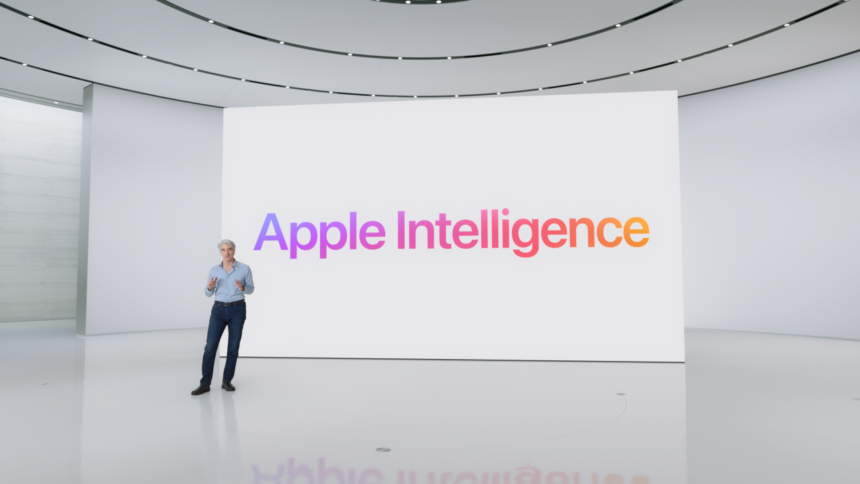When Apple unveiled its ambitious AI plans at WWDC in June, industry analysts were quick to suggest that this innovation could set the stage for an iPhone 16 “supercycle.” Similar to the buzz generated by the introduction of 5G, there was widespread belief that Apple Intelligence could push even the most hesitant users to finally upgrade their devices.
The true impact of this will be clearer when Apple reveals the iPhone 16 at tomorrow’s “It’s Glowtime” event in Cupertino. However, growing concerns suggest that the delayed rollout of Apple Intelligence could significantly hinder the anticipated supercycle.
In June, Apple presented a unique approach to AI that aligns with its core mission of enhancing user experience. Unlike the vast and complex models driving services like Google Gemini and OpenAI’s ChatGPT, Apple’s strategy is focused on using smaller, more efficient models to improve existing features through generative AI.
But as Bloomberg reported today, delays in the development and deployment of these AI capabilities could affect the iPhone 16’s performance in the market. Despite the big promises made at WWDC, it’s becoming increasingly clear that many of these features may not be fully realized until 2025. Additionally, regional challenges, particularly in the EU and China, pose significant obstacles — markets that are crucial for Apple’s financial success. The much-anticipated integration of ChatGPT, for instance, is unlikely to be available at launch.
Leading up to WWDC, there was considerable speculation about whether Apple could compete with the major players in generative AI. While the developer conference dazzled audiences with impressive demonstrations, it also highlighted the substantial work Apple still needs to do to catch up.
As of now, the iPhone 15 Pro and Pro Max are the only devices approved to run Apple Intelligence. However, tomorrow’s event is expected to broaden this capability across the iPhone 16 lineup. Rumors suggest that the base models will be powered by the A18 chip, while the Pro models will feature the more advanced A18 Pro, hinting at greater uniformity in capabilities across the series.
While driving sales is undoubtedly a priority for Apple and its shareholders, Apple Intelligence represents a complex, multifaceted initiative. Rushing its release could have longer-term negative effects on Apple’s bottom line, potentially outweighing the short-term gains of a quick rollout. A carefully phased introduction may ultimately serve the company better, ensuring that Apple Intelligence meets the high standards that users have come to expect.










